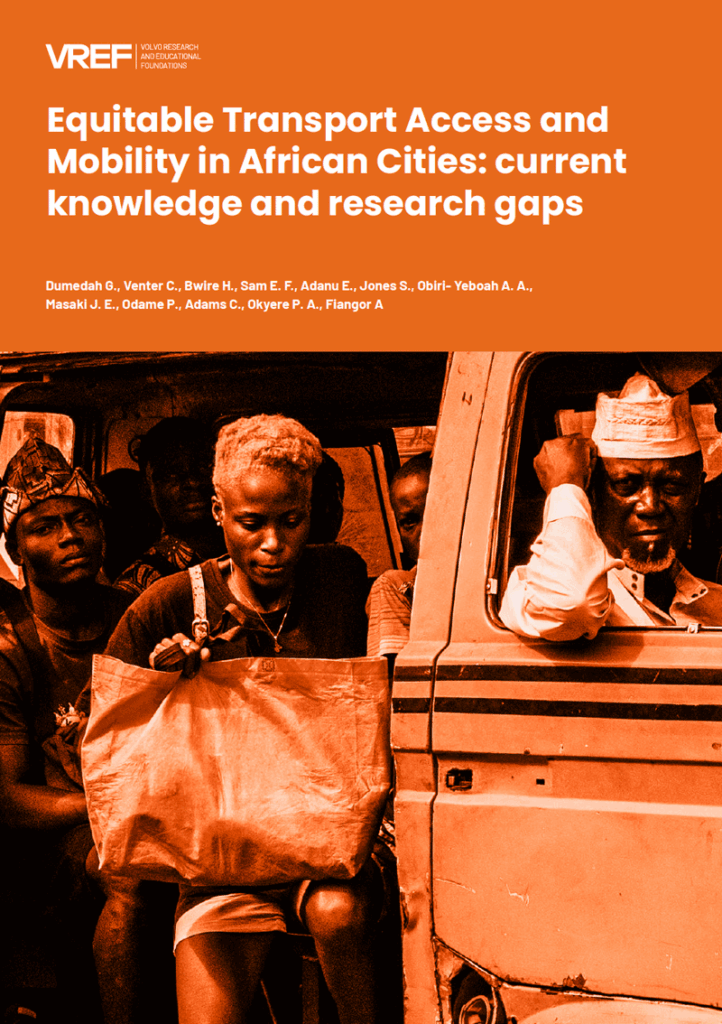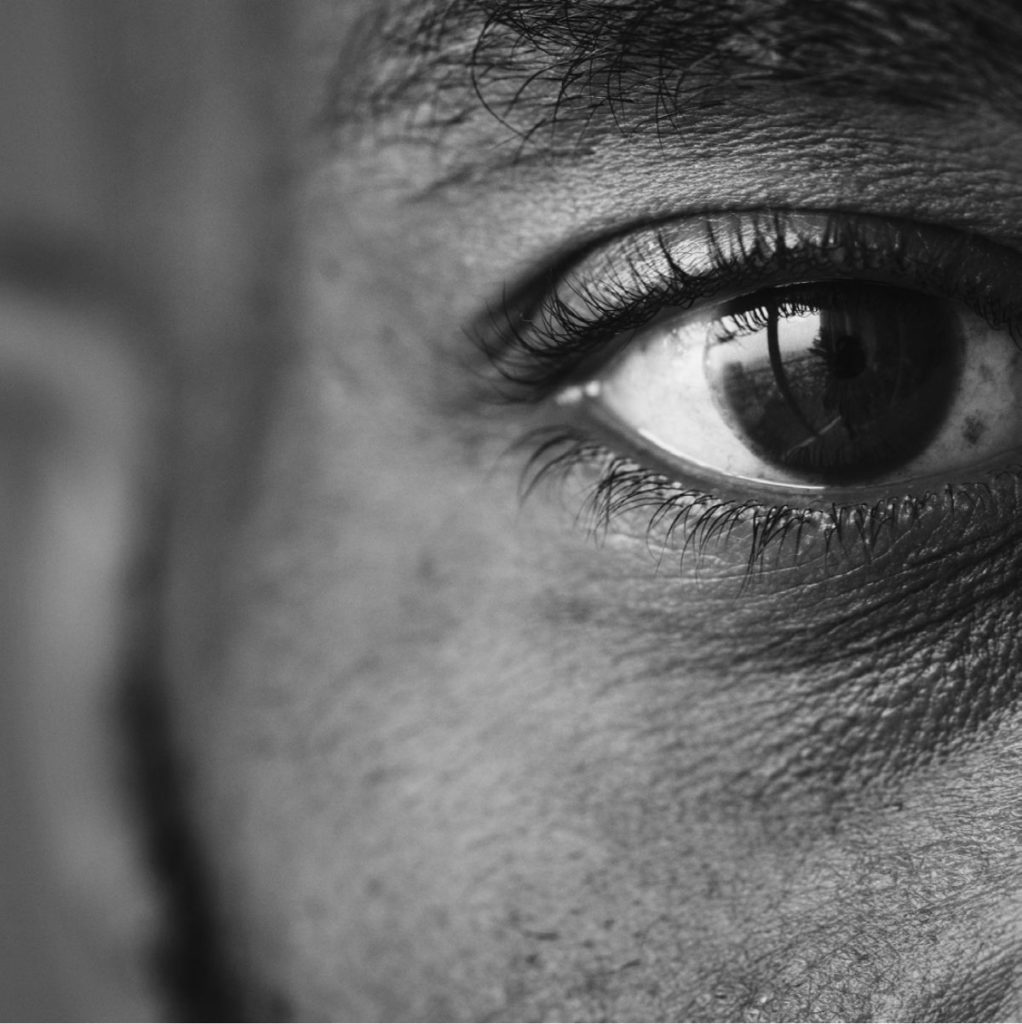In cities across the globe, unequal access to economic, social, and cultural opportunities presents a major challenge.
Transport systems often play a key role in either facilitating or weakening access among various groups. Disparities in access are often systematically linked to socioeconomic or environmental disadvantages. Addressing these inequities is a growing priority for both researchers and policymakers.
We are pleased to announce a new study commissioned by the Volvo Research and Educational Foundations (VREF) that explores these issues within Sub-Saharan African (SSA) cities.

About the Study
The study, led by Gift Dumedah, aims to provide a comprehensive overview of the current knowledge on transport-related equity in the continent.
Its purpose is three-fold:
- To review our current understanding of the topic.
- To summarize the existing state of research.
- To identify knowledge gaps to guide future studies.
The authors explore transport equity through three interconnected lenses: universal access, efficiency, and health and safety. They analyze how these dimensions impact low-income and vulnerable populations, arguing for a holistic approach that is grounded in local insights and adaptive strategies. The study also includes valuable annotated lists of relevant work, making it a useful resource for scholars, students, and stakeholders.
Connecting Research to Action
This work was commissioned within VREF’s “Mobility & Access in African Cities” (MAC) program, which supports research on sustainable mobility and equitable access in SSA cities. A key goal of the MAC program is to foster dialogue between researchers and stakeholders to contribute to long-term change.
This study serves as a scientific point of departure for the new African Research Program, “Equitable Transport Access and Mobility in African Cities” (ETAMAC), which is also led by Dr. Dumedah and funded by VREF for 2025-2027.
We hope the study will be a vital resource for everyone working to understand and solve challenges related to transport equity and to enact meaningful change toward universal access for all.

